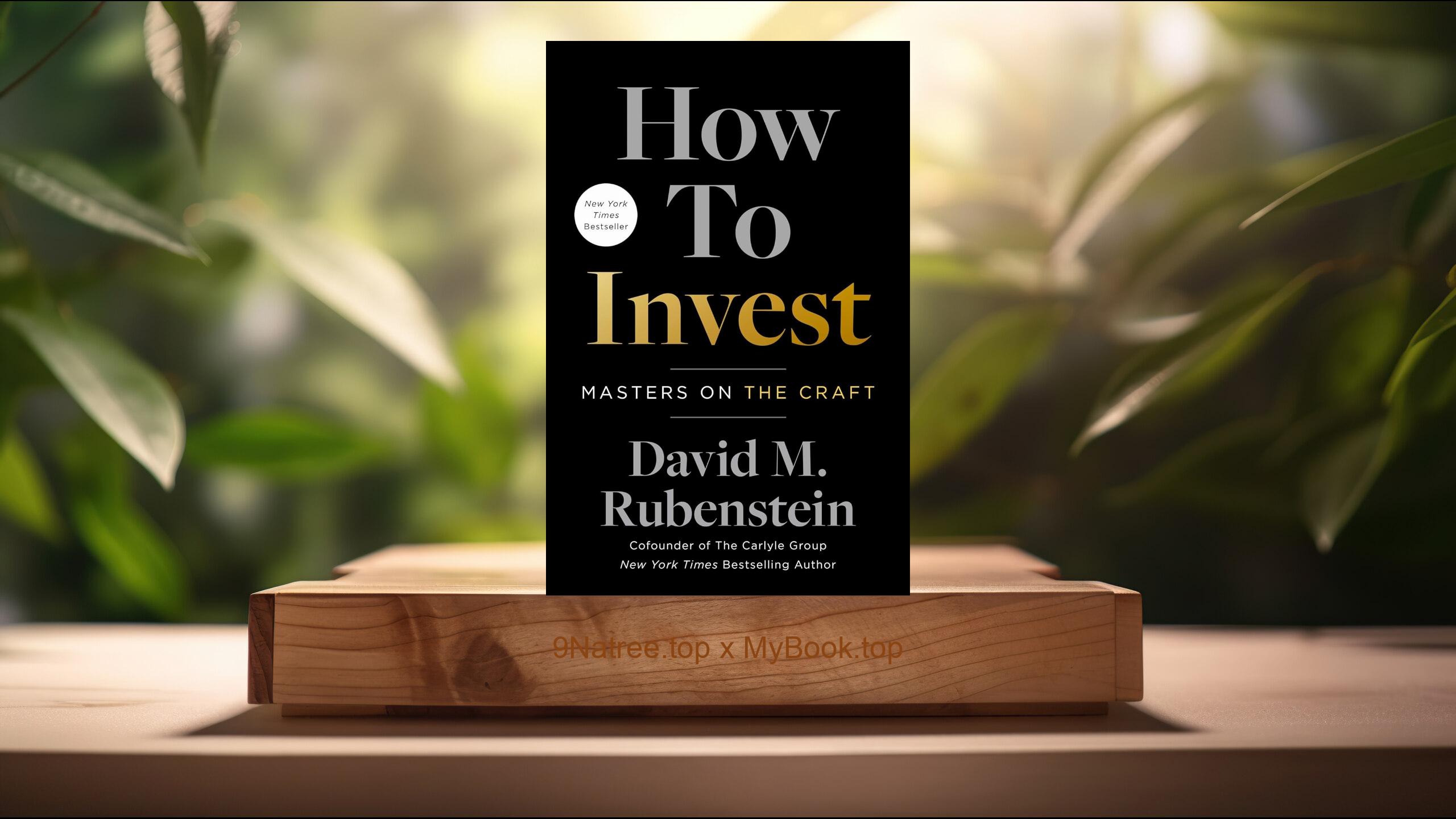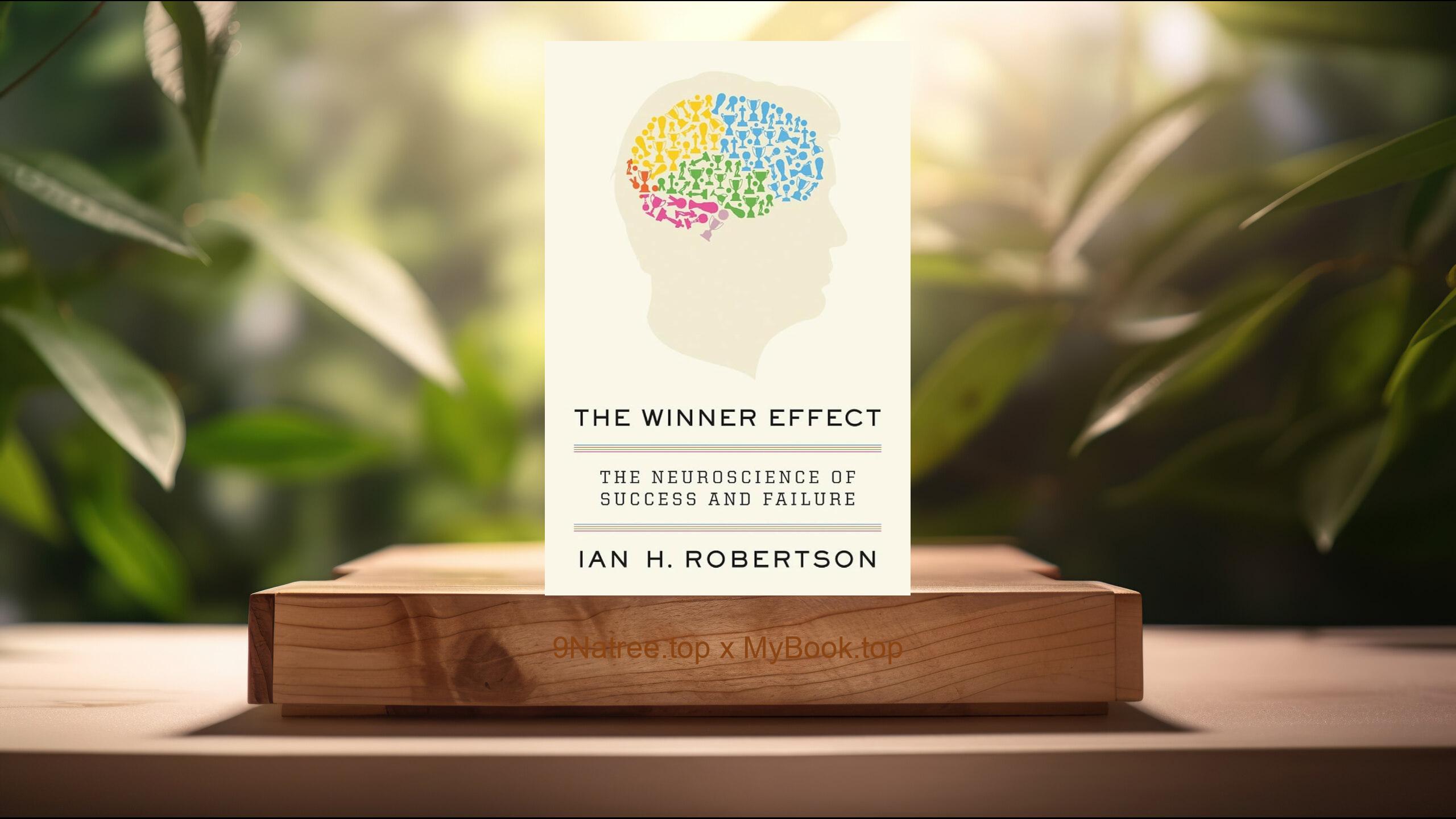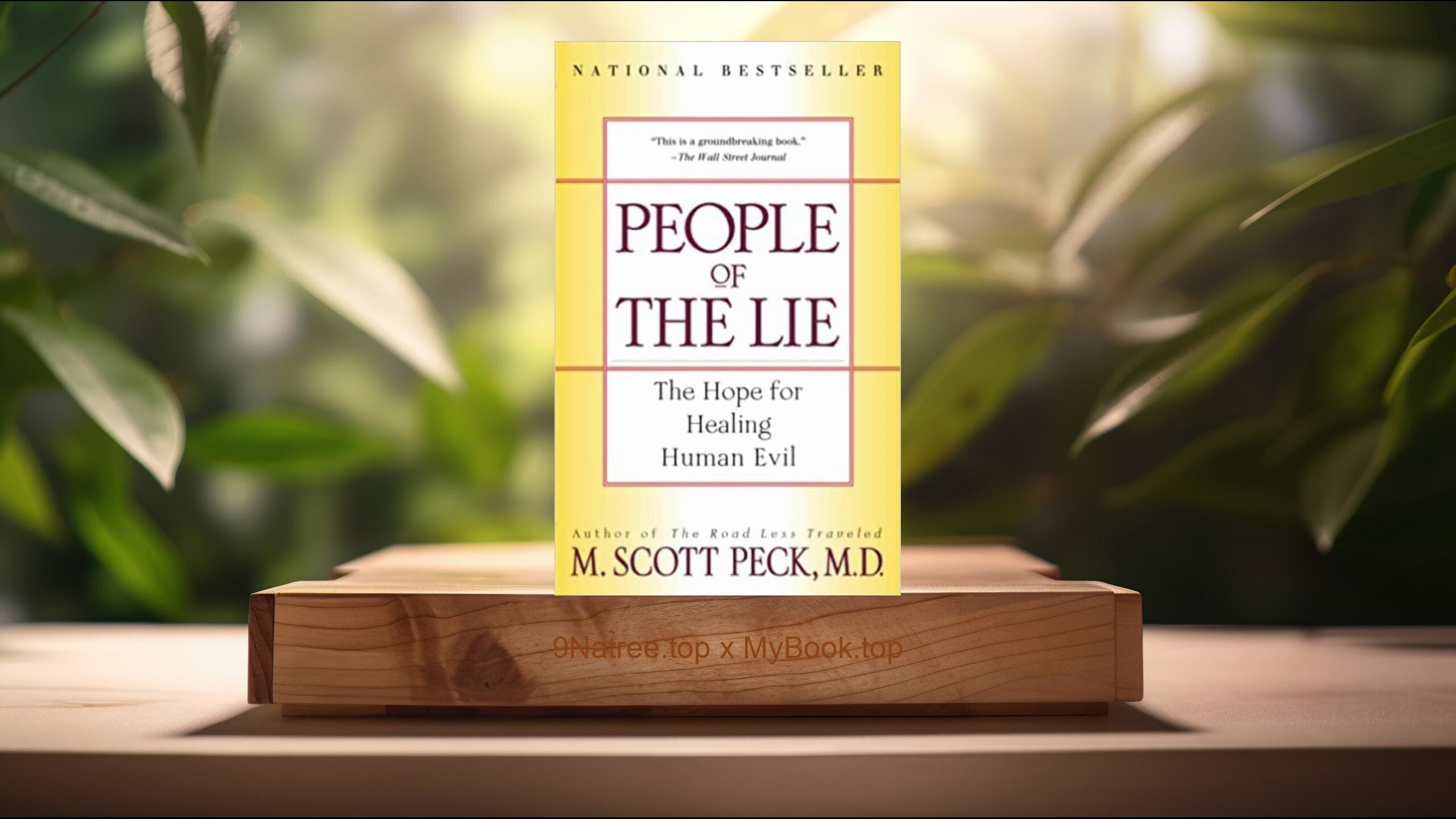Show Notes
- Amazon US Store: https://www.amazon.com/dp/B004GUSHZ0?tag=9natree-20
- Amazon Worldwide Store: https://global.buys.trade/I-Is-an-Other-James-Geary.html
- Apple Books: https://books.apple.com/us/audiobook/i-is-another-septology-iii-v-septology/id1677236616?itsct=books_box_link&itscg=30200&ls=1&at=1001l3bAw&ct=9natree
- eBay: https://www.ebay.com/sch/i.html?_nkw=I+Is+an+Other+James+Geary+&mkcid=1&mkrid=711-53200-19255-0&siteid=0&campid=5339060787&customid=9natree&toolid=10001&mkevt=1
- Read more: https://mybook.top/read/B004GUSHZ0/
#Metaphors #Cognitivescience #Languageandthought #Politicalrhetoric #Scientificinnovation #Ethicalcommunication #JamesGeary #IIsanOther
These are takeaways from this book.
Firstly, The Ubiquity of Metaphors, James Geary's 'I Is an Other' begins by establishing the omnipresence of metaphors in language and thought. Far from being confined to literary embellishments, metaphors permeate everyday speech, influencing how we communicate and understand abstract concepts. Geary illustrates how our linguistic expressions, such as describing time as money ('saving time,' 'spending time') or ideas as food ('food for thought'), reveal metaphors' deep entrenchment in our cognition. This section articulates the argument that metaphors are not merely decorative, but fundamental cognitive tools that shape our perception and interaction with the world.
Secondly, Metaphor and Thought, The book scrutinizes the critical role metaphors play in shaping our thought processes. Geary draws from cognitive science studies to demonstrate how metaphors are integral to understanding abstract concepts, arguing that our minds rely on concrete experiences, often encapsulated in metaphors, to grasp the intangible. For example, we might understand the complex notion of love through the simpler, physical experience of warmth. This section unpacks the idea that metaphors are essential scaffolding for thought, allowing us to conceptualize and reason about the abstract by mapping it onto the familiar.
Thirdly, Metaphors in Science and Innovation, Geary extends the exploration of metaphors beyond the realm of literature and language, highlighting their pivotal role in scientific discovery and innovation. By examining historical and contemporary examples, such as the 'boiling pot' model of the atom or the 'information highway,' this section reveals how metaphors act as heuristic devices that shape scientific theories and technological advancements. Geary argues that metaphors provide a necessary creative leap in the imagination, enabling scientists and inventors to conceptualize novel theories and products by drawing on familiar mental models.
Fourthly, Cultural and Political Implications of Metaphors, This section delves into the potent influence of metaphors on cultural perceptions and political rhetoric. Geary demonstrates how metaphors can unify or divide, constructing collective identities or dehumanizing others. Through analysis of political speeches and media, the book illustrates how metaphors can frame debates, shape public opinion, and influence policy. Geary urges readers to recognize the power of metaphors in shaping societal norms and values, advocating for a critical awareness of the metaphors that govern our socio-political landscape.
Lastly, The Ethical Dimension of Metaphor Use, Finally, 'I Is an Other' addresses the ethical considerations surrounding the use of metaphors. Geary posits that because metaphors are so powerful in shaping our thoughts and beliefs, their use carries ethical implications, particularly in persuasive communication such as advertising, politics, and news media. This section encourages readers to think critically about the metaphors they encounter and use, advocating for responsible metaphor use that fosters understanding rather than manipulation. The discussion highlights the need for ethical awareness in our linguistic practices, underscoring the profound impact of metaphors on human cognition and society.
![[Review] I Is an Other (James Geary) Summarized](https://episodes.castos.com/660078c6833215-59505987/images/1891360/c1a-085k3-9j0v2wonb36v-lpcbll.jpg)




